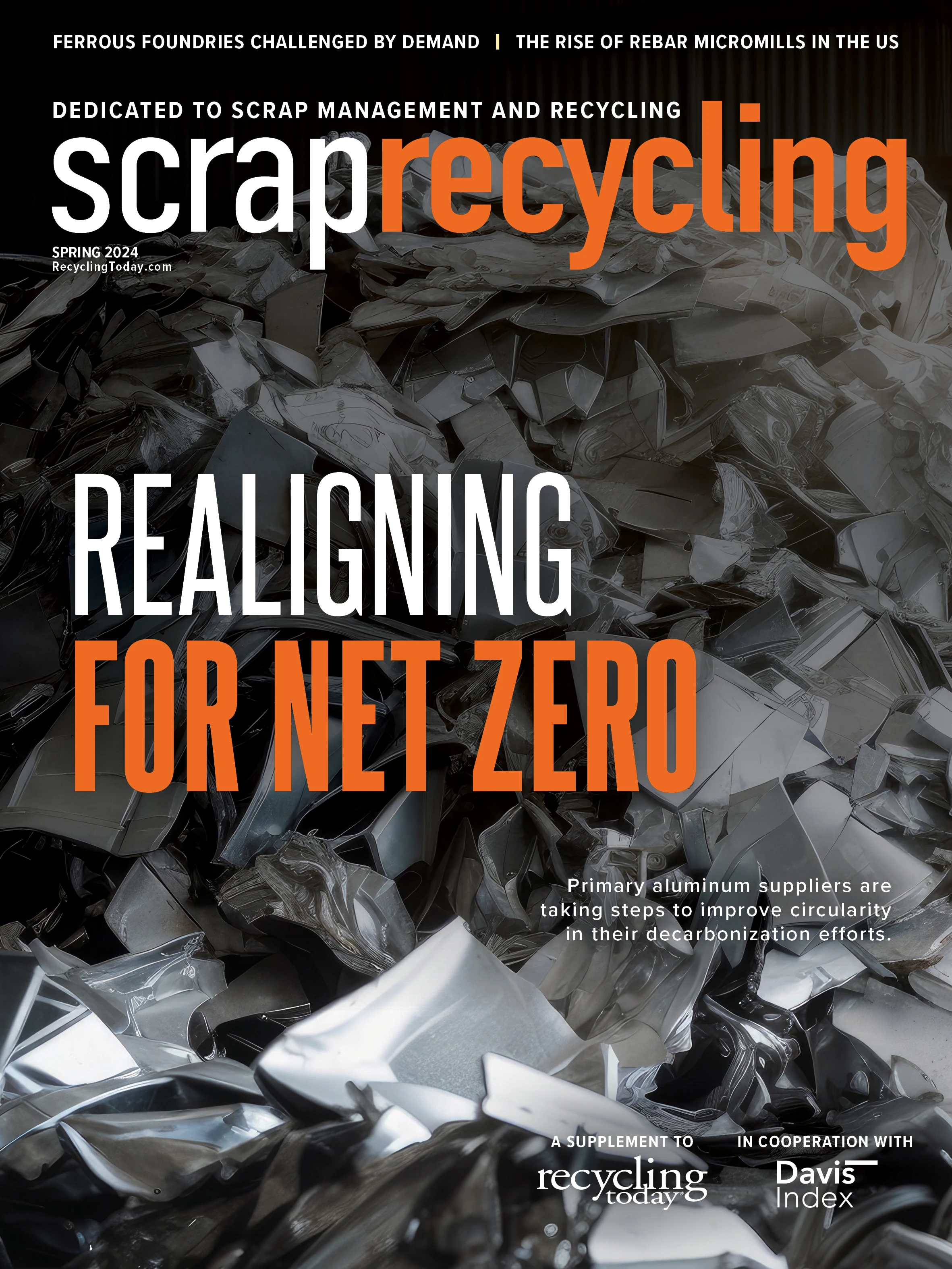
Sanjay Mehta’s career in the scrap metal industry began four decades ago, but his family’s involvement started long before that.
In 1974, Mehta’s father found that dealing in scrap metal could provide an opportunity for his family. Over the years, his children joined him in that effort, establishing what is now one of India’s largest recycling companies.
“My father used to load one truck of scrap … and supply it to the industry and come back with the payments and then again search for the next load,” Mehta says of his father’s early days in the business. “He used to travel in the trucks along with the material. … It was definitely a very, very difficult journey for him.”
Mehta joined the business in 1984, and his introduction involved collecting payments, arranging transportation, loading material and visiting customers.
Now, he is the director of Mumbai, India-based MTC Group, working alongside his three brothers. The family has expanded operations across four continents and trades up to 2.2 million metric tons annually of ferrous and nonferrous scrap, ferroalloys, base and minor metals and minerals. MTC has 18 stockyards/processing yards, 12 offices and more than 5,500 employees.
“With the support of my father and brothers, we have grown this company to a $2 billion company today,” says Mehta, who also is president of the Material Recycling Association of India (MRAI).
In the following interview, he discusses his decades-long journey through the scrap recycling industry, his involvement with the MRAI and the recycling landscape in India.
Q: How has India’s hunger for scrap metal grown, and how has that affected your business?
A: From 1995 onward, there were a lot of restrictions to import any kinds of commodities from overseas … but definitely [the] appetites increased of the Indian customer … [and] ferrous scrap demand was also going up.
… We started visiting Dubai, Kuwait, Saudi Arabia. There was definitely a challenge to procure material. To get the material to India was a very tough situation—logistics were not easy, shipping was not easy, but it has [gotten easier] everywhere.
… Slowly, I entered the business, found out who’s who in international business … [and] local business has helped me to grow in the international business, so our appetite was increasing. In 2011, we started importing bulky scrap … and since then, every year we import bulk cargo, depending on the market, and those international business operations helped us to grow our business.
Q: How did you get involved with the MRAI, and how has that organization influenced you?
A: There [were] regional associations … but there was no representation for the central government, [so] we founded an association in the name of metal recycling issues in India.
In 2009, we started meeting at one location [with] 50 people to inform them that we were thinking of forming such an association. It [could] help us to formulate better policy [because] the hazardous waste system was not working very well and our commodity was classified as hazardous waste by the environmental policy people, so we needed to pursue that matter.
We formed our own small group. We started writing to the government, and we got [our] first success in 2011 from the central government and that [hazardous waste] clause was removed. Then we got much bigger; we thought, “Let’s expand this and create the Metal Recycling Association of India.” … It was my aim that I should build a very strong concrete pillar, a good association in India, and unless we have [representation], this government would not give justice to our industry and our intentions—our focus had to be trade-driven and had to be policy-driven. Myself and a few more people have come together as a board of directors.
… About five years back, the planning commission told us, “You are very successful at running a metal recycling association, so why can’t you come forward and handle plastic, paper, e-waste and all the other verticals?” So, we changed our name to the Material Recycling Association of India, and now it has gone bigger and bigger. It’s definitely team spirit and separate efforts of everyone … and it is passion that has driven me to reach such [a] of level.

Explore the Spring 2024 Scrap Recycling Issue
Check out more from this issue and find your next story to read.
Latest from Recycling Today
- Aqua Metals secures $1.5M loan, reports operational strides
- AF&PA urges veto of NY bill
- Aluminum Association includes recycling among 2025 policy priorities
- AISI applauds waterways spending bill
- Lux Research questions hydrogen’s transportation role
- Sonoco selling thermoformed, flexible packaging business to Toppan for $1.8B
- ReMA offers Superfund informational reports
- Hyster-Yale commits to US production





